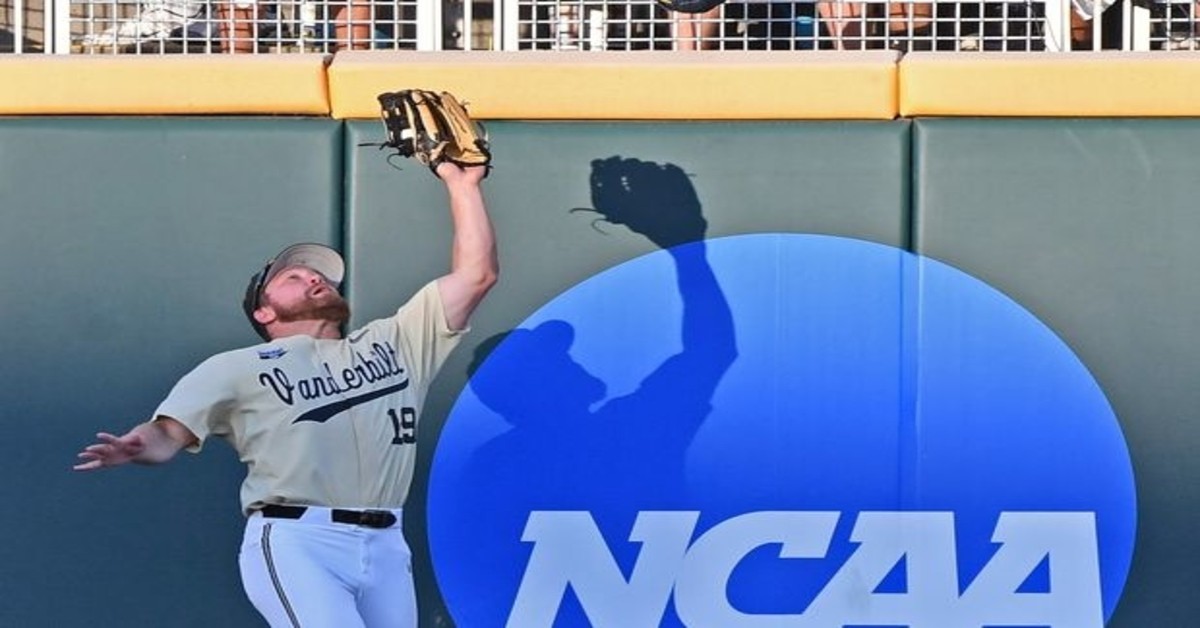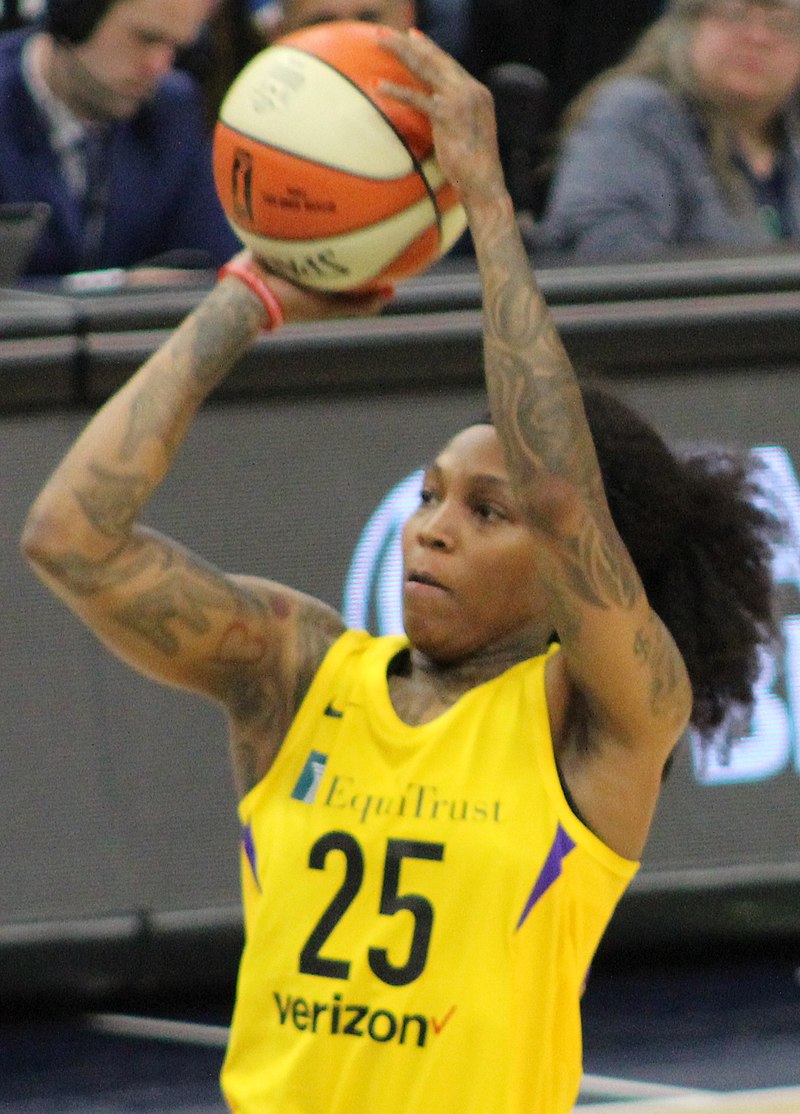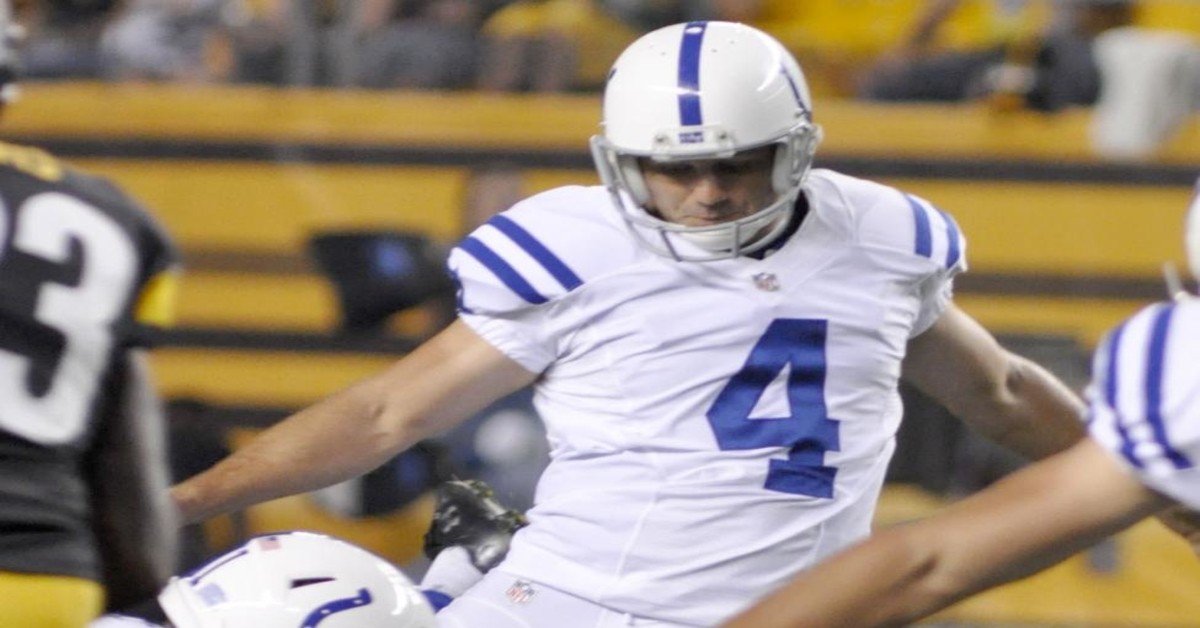The NCAA Division I Council cast a ballot Monday to give an additional time of qualification to all understudy competitors in spring sports whose seasons were dropped on account of the coronavirus pandemic.
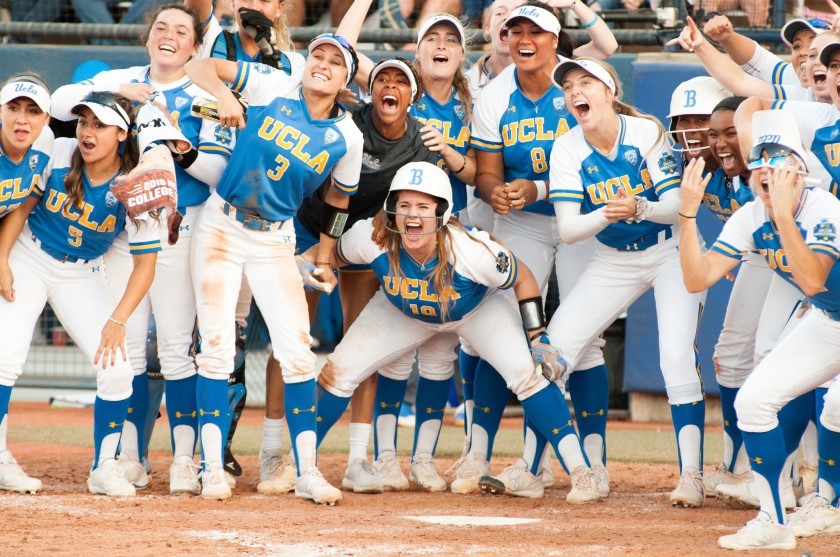
Per ESPN, “The NCAA’s decision will extend the eligibility of all spring-sport student-athletes — not just seniors whose careers would have ended after the cancellation of their seasons — and will allow schools to expand their rosters beyond current scholarship limits to account for incoming recruits and seniors who were expected to leave.”
Waivers have been made for eligible students. This rule will only positively affect those who were planning on completing their senior athletic season 2019-2020 such as baseball, softball, track and field, etc.
With baseball being one of the most affected sports due to the lack of spots on their team. Rosters will be updated with more availability for student-athletes in 2020-21.
Universities at the Division I level will be able to exercise the waivers on their own terms per Division I Council chair M. Grace Calhoun. As long as they are “taking action in the best interest of the student-athletes and their communities.”
As great as the waivers seem, it will put many families, universities, and coaches in a bind. There will be an existing opportunity for redemption for seniors, but there will also be fewer opportunities for everyone.
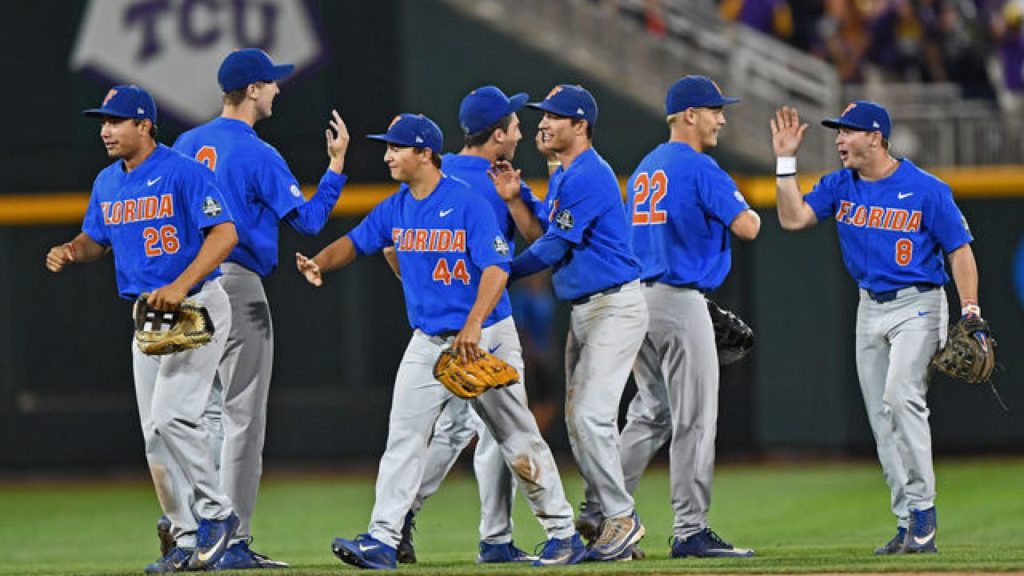
Coach John Tillman for the Maryland men’s Lacrosse team previously sat down with SportsCenter. He spoke of how they were “in uncharted waters here. There are a lot of things that need to be talked through and worked out. We’re going to have to have some conversations, not only within our university but within our conference, to kind of figure out where we go from here” per ESPN.
$6oo million dollars were planned to be dispersed to universities. But now there is a concern that this will not be enough to compensate for all the second-year spring seniors; on top of the underclassmen. Smaller universities and athletic departments that do not make revenue off of their sports will take a hard hit over the course of the next year; as well as all other Division I colleges that receive extra money from the march madness games.

